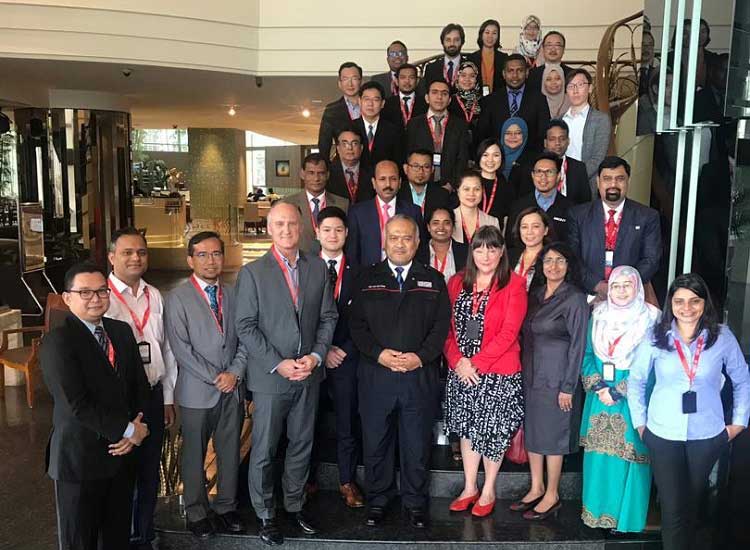
Select Page
 The world today seems more turbulent than ever before. Organizations, both public and private, have been caught off guard by economic volatility, unexpected political events, natural disasters, and disruptive technological change. Additionally, decisionmakers often face cognitive limitations such as confirmation bias and groupthink which lead to flawed assumptions. Those assumptions are often not revisited or revised as events unfold. These external and internal conditions make strategy development difficult. However, strategic foresight and scenario planning offer means to contend with such challenges. By generating novel yet plausible alternative pictures of the future, organizations can disrupt their calcified mental models and manage uncertainty more effectively.
The world today seems more turbulent than ever before. Organizations, both public and private, have been caught off guard by economic volatility, unexpected political events, natural disasters, and disruptive technological change. Additionally, decisionmakers often face cognitive limitations such as confirmation bias and groupthink which lead to flawed assumptions. Those assumptions are often not revisited or revised as events unfold. These external and internal conditions make strategy development difficult. However, strategic foresight and scenario planning offer means to contend with such challenges. By generating novel yet plausible alternative pictures of the future, organizations can disrupt their calcified mental models and manage uncertainty more effectively.
To help improve the planning and strategy development processes, the APO, in cooperation with the Malaysian Productivity Corporation (MPC), organized a Training of Trainers in Strategic Foresight and Scenario Planning for Development Planners. The course was held from 26–30 August 2019 in Kuala Lumpur with 24 participants from 14 APO member countries.
In the opening program, Director-General of the MPC Dato’ Abdul Latif Hj. Abu Seman noted that he hoped participants could use scenarios “for the development of strategic options and initiatives that are future-ready” and “can take and share this knowledge” in their own organizations.
This training course was guided by two international resource persons, Founder and Strategy Consultant of Looking Up Feeling Good Marcus Barber, and Founder and Director of Designer Futures Dr. Anita Sykes-Kelleher. Both are founders of the Centre for Australian Foresight, Australia. A range of topics were covered including an introduction to future thinking; environment scanning; scenario framework and development; generating focal questions, backcasting; and scenario presentations. A special session was also facilitated by local resource person Rushdi Abdul Rahim, Senior Vice President of the Malaysian Industry Government Group for High Technology (MIGHT). He introduced MIGHT and myForesight and conducted an interactive session on practical approaches to foresight and scenario planning.
All involved in the training cited the active engagement of participants and enthusiasm during discussions and group activities as a positive sign. Participants are expected to follow up on their learning by disseminating the new knowledge and skills acquired in their home countries and organizations while applying their skills in real-life on-the-job situations.